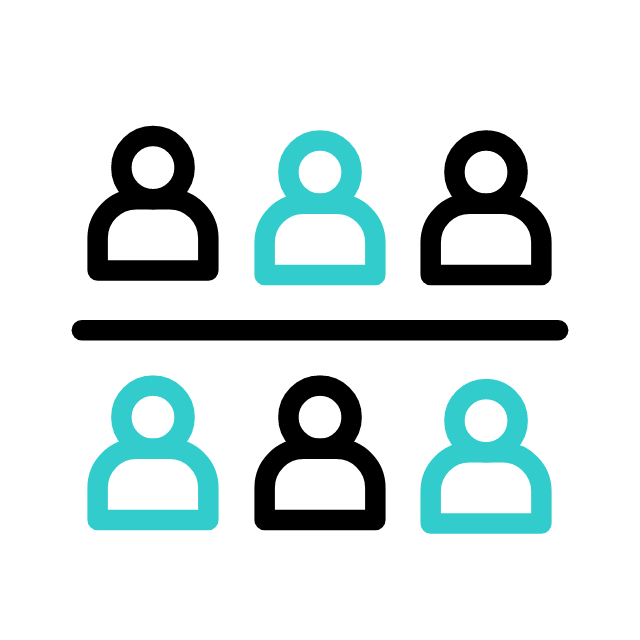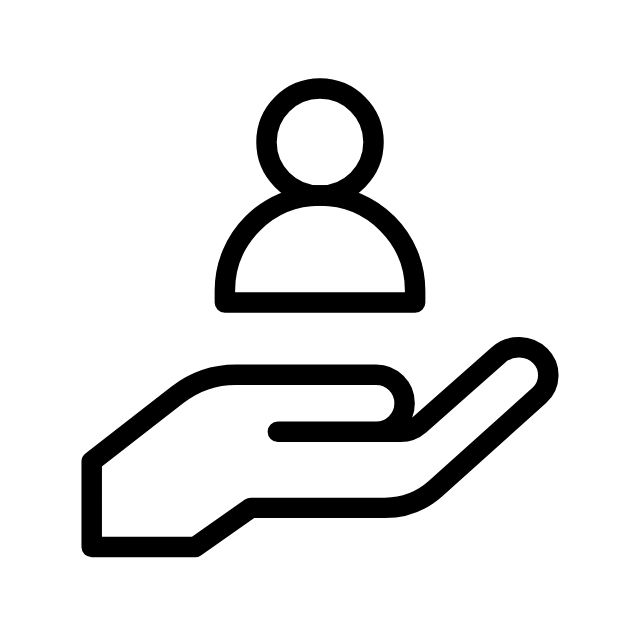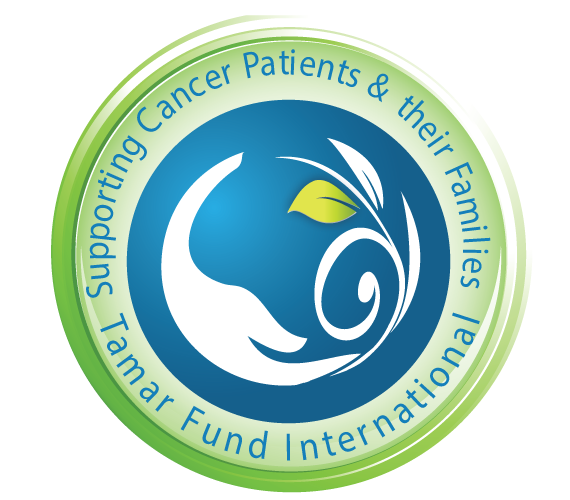From crisis to opportunity – enhancing solidarity, strengthening resilience in emergencies and routine.

Israel is at war. On October 7, our world was fundamentally shaken. Many families describe feeling as though they’ve experienced an earthquake -“our lives were turned upside down in an instant” – with the loss of loved ones and friends, and a profound sense of mourning and sorrow, anxiety, stress, shame, halted income, concern for their loved ones fighting on the front, and uncertainty about the future.
We understand that the crisis is still ahead of us. Soon, a massive return of evacuees from the south to their homes is expected after a prolonged period in hotels. Many families will need to readjust to life in a city under the shadow of war. These families require a broad support network and organized help to help them get through this period without collapsing physically and emotionally.
At the beginning of the war, the Israeli spirit was fully mobilized with inspiring solidarity. Yet, we saw a shortage in management of the aid and resources, to the point of information and resource overflow; attrition of volunteer forces and their reduction over time; difficulties in effectively mediating between needs and initiatives; and an oversupply of spot solutions, when there is also a need for long-term solutions.
We believe that the ability of Israeli society to systematically and consistently support communities and families in the long term is the key to national resilience.

The task is national
A preventative intervention plan is required to ensure that these families do not become at-risk families and do not join welfare populations. It is crucial to streamline the many aid systems operating in the field through complementary solutions, increased resources, and an effective work methodology for emergency situations and the days that follow.
Yad Tamar specializes in managing medical crises in families, with the support of a community-systemic infrastructure. During the war, we were asked to adapt the Tamar Community model, and we established an emergency system for accompanying families, currently operating in Ofakim, Sderot, and Jerusalem, with hopes to expand to additional authorities.
The Plan
The plan is to extend a helping hand to families from the south who currently need a supportive resource to help them adapt to the new situation and grow from the difficulty. We have established community support systems for accompanying and supporting individuals and families during the crisis, in recovery, and in the days that follow. These systems are based on volunteers trained as case managers and operate in collaboration with social service departments, resilience centers, civil society organizations, and the local community.
The Goal
The goal is to implement a preventative intervention plan to strengthen personal, familial, and community resilience. This plan will ensure that families in need of assistance are not left alone, receive holistic support and solutions, and do not deteriorate into at-risk situations.
Target Audience
The target audience consists of families dealing with crises that require support and family emergency management as a result of the war. These families need connections to supportive solutions and effective long-term strategies. Without early intervention, they may collapse under physical and emotional stresses in the short term, potentially leading to injuries and long-term familial risk situations.
What do we do?
We implement a community assistance system to accompany and support individuals and families during the crisis, recovery, and the days that follow:
These are our principles:
About the Association
Yad Tamar has developed a community-systemic model to support families dealing with crises. This model has been successfully implemented in dozens of communities, allowing families and communities to move from a state of chaos to one of control and effective management over the long-term period of the crisis, significantly enhancing the support and volunteer resources. During the war, we were required to adapt our working model and launched an emergency case manager system.
Over the past year, Yad Tamar initiated the development of the ENOLA app, an innovative and unique technology for mapping family needs, managing case tasks, facilitating easy task access for support circles and volunteers, and continuously monitoring the tasks.




